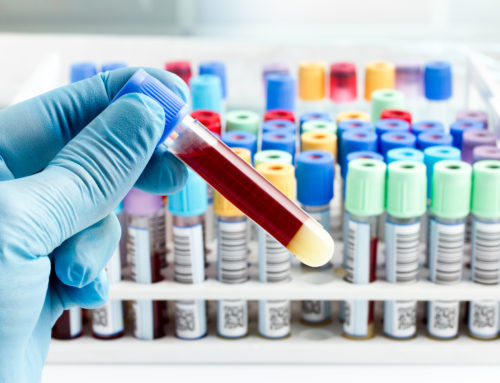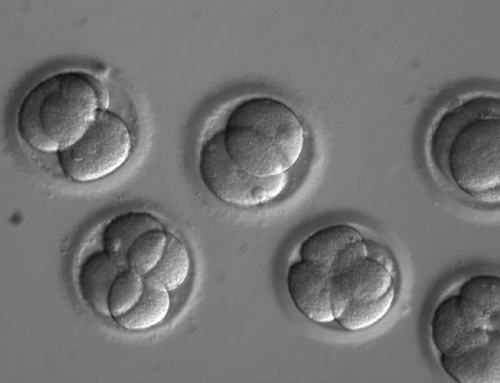Genetic Testing of Embryos
In Vitro Fertilization (IVF) + Preimplantation Genetic Testing (PGT)
The basics of In Vitro Fertilization (IVF) include stimulating the ovaries to produce multiple eggs, retrieving them, then fertilizing them in our embryology laboratory.
Before transferring one or more of the resultant embryos into the womb, they can be tested for:
-
Genetic disorders (PGD)
-
Chromosomal abnormalities (PGS)
-
Gender (both PGD/PGS)
Preimplantation Genetic Diagnosis (PGD)
Who: PGD is for anyone wishing to eliminate the possibility of passing on a genetic disorder to offspring.
What: Through PGD, we are able to test embryos for specific genes that may produce a genetic disease such as Cystic Fibrosis. Tests will show whether an embryo has the disease or not, or is only carrying the disease but unaffected by it. Unaffected carriers don’t show any signs of the disease, but can pass it on to their children.
Gender Selection: We can also test for gender using PGD, effectively allowing you to choose the sex of your child.
Preimplantation Genetic Screening (PGS)
Who: PGS is for anyone wishing to eliminate the possibility of having a child with chromosomal abnormalities and may be recommended for anyone experiencing recurrent miscarriages, someone who is older or whose ovaries do not work as well as expected, or someone with multiple failed fertility treatments.
What: All men and women have some eggs or sperm that are chromosomally abnormal. PGS tests for chromosomal abnormalities in embryos that can cause disorders such as Down Syndrome or result in miscarriage. This testing specifically looks for too many or too few chromosomes and for out-of-order chromosomes, called translocations, which can affect function or growth.
Gender Selection: PGS can also test for gender in order to select the gender of the embryo(s) returned to the uterus for implantation.
There is a strong trend among reproductive endocrinology-infertility specialists to make embryo cryopreservation (embryo freezing) available to all IVF patients so that these tests can be performed and Frozen Embryo Transfers (FET) take place at the time patients choose.





